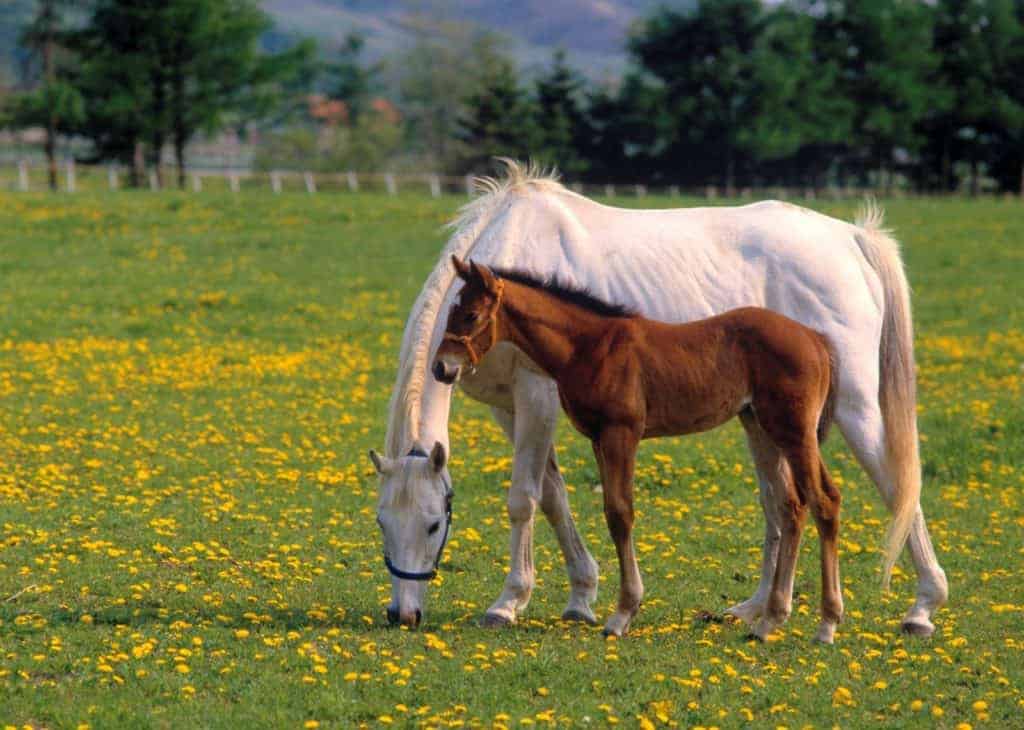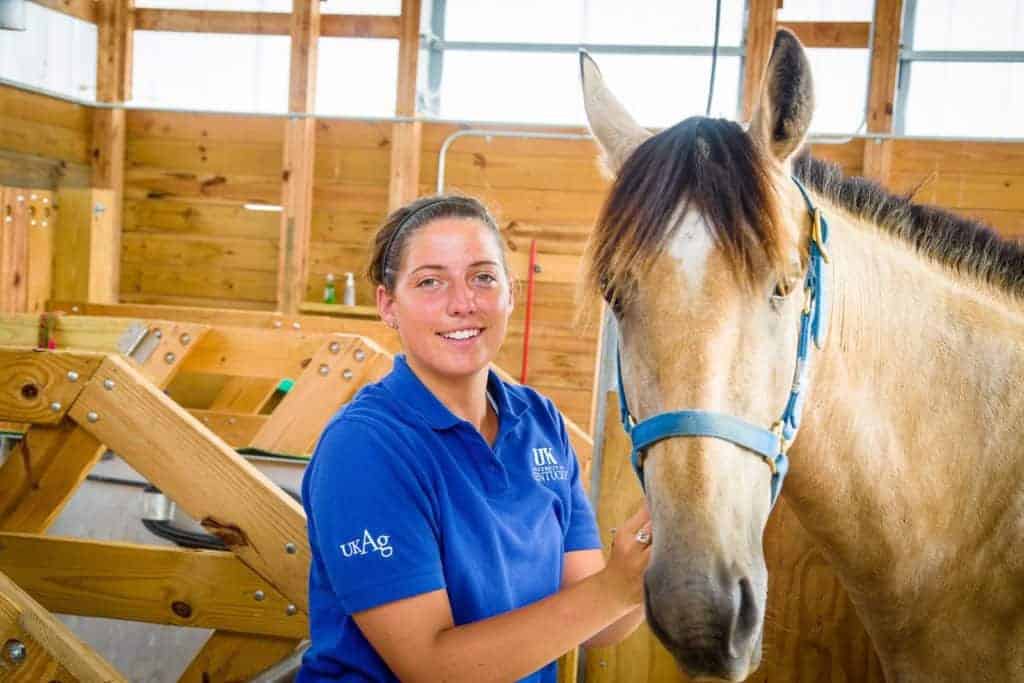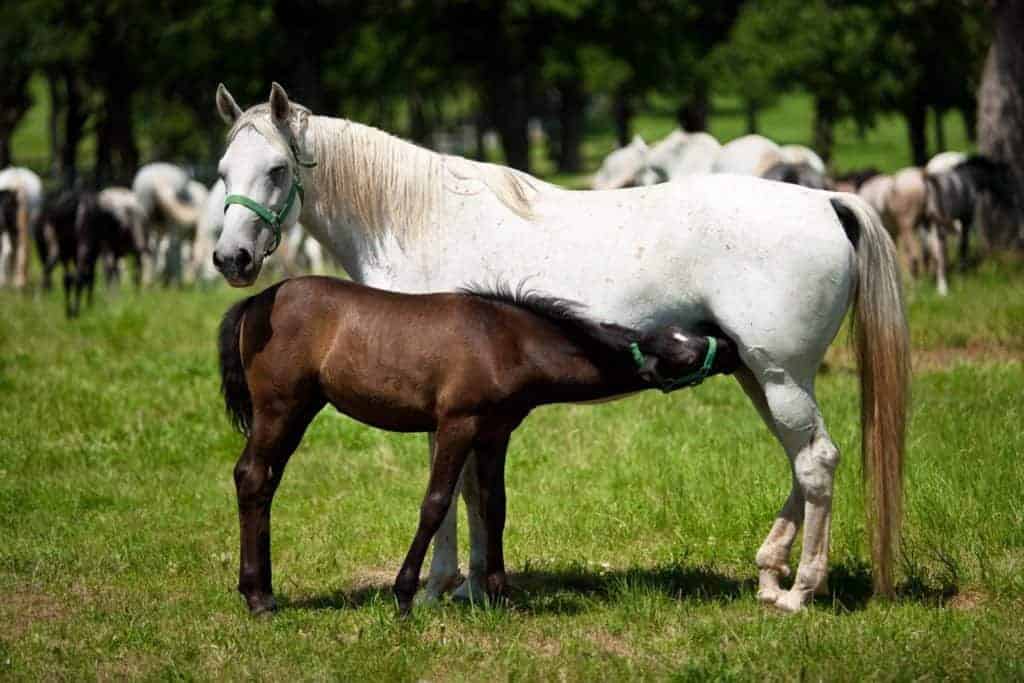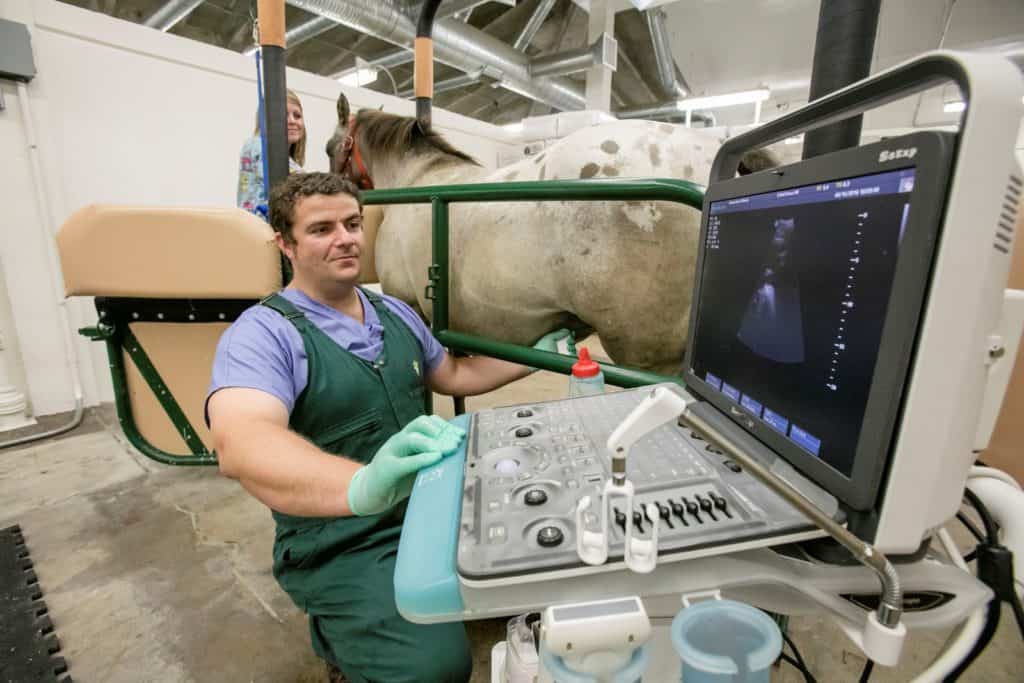
How Season Impacts Horses’ Insulin Secretion, Metabolism
Horses secrete more insulin during winter, which could pose problems for some pregnant mares, researchers say.

Horses secrete more insulin during winter, which could pose problems for some pregnant mares, researchers say.

Presenters will cover topics including safety, horse welfare, equine reproduction, horse management, and more.

The event will take place Sept. 9 at Hoosier Park Racing and Casino in Anderson, Indiana.

Researchers found that over- and underfeeding can affect foals’ bone growth, metabolism, and testicular development.

Reproductive endocrinology can influence a horse’s overall health and well-being.

Taylor is studying how Kentucky 31 tall fescue and a novel endophyte tall fescue affect nonpregnant and pregnant mares.

Presentation topics include feeding through a horse’s life cycle, evaluating body condition, nutrition myths, and more.

With a rapidly growing foal on board, late gestation can pose nutritional challenges for pregnant mares.

Researchers recently conducted a study on the effects of starch source on mare and foal hindgut bacteria.

Mild weather could be behind higher-than-average ergovaline concentrations in tall fescue in Central Kentucky pastures.

Boakari is studying protein’s effects on mare reproductive parameters such as early pregnancy loss and embryo quality.

Breeding a mare is exciting and not without challenges. Learn about stallion selection, breeding soundness, and more!

Reproductive health, vaccination status, and nutrition are key to readying your mare to care for her foal.

Can I use alfalfa pellets or beet pulp to meet my mare and her 7-month-old foal’s calcium requirements?

Spring grass might be delicious for horses, but it can cause problems including laminitis and fescue toxicity.

Equine reproduction specialist Dr. Etta Bradecamp overviews obstacles related to breeding performance mares and stallions.
Stay on top of the most recent Horse Health news with
"*" indicates required fields